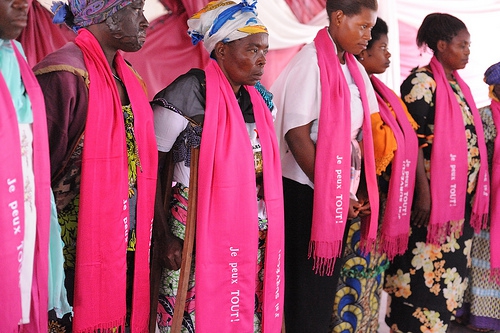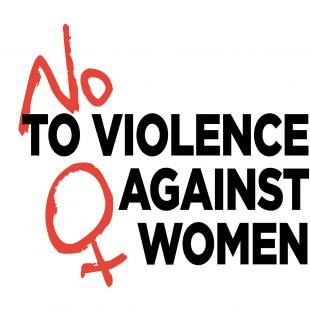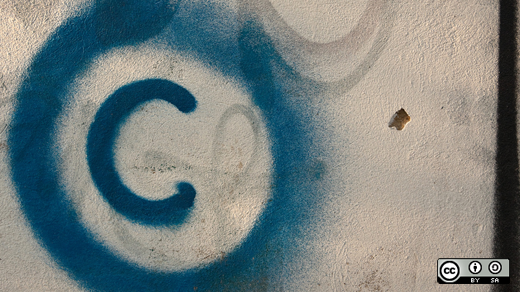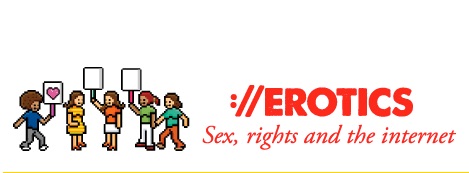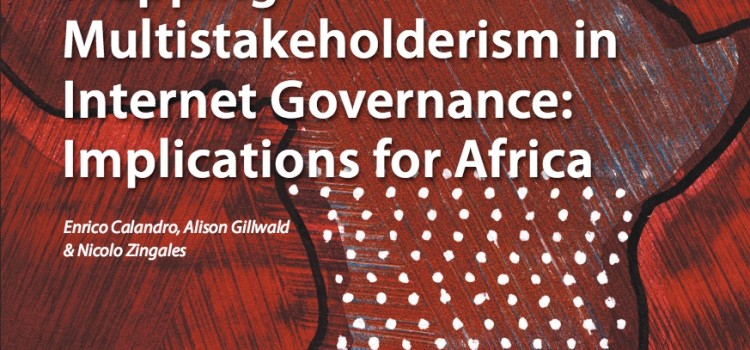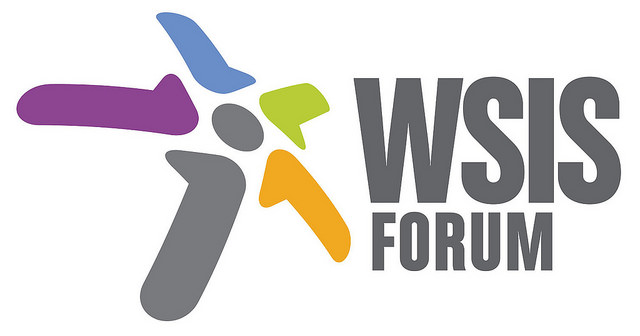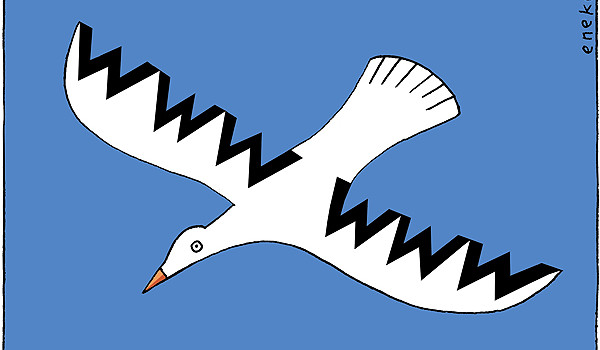13 June 2012 By Kateřina Fialová Co-author Sonia Randhawa Thirty people from six continents met at the APC “Dialogue on digital security and women’s human rights defenders” to discuss regional and global trends on digital security, freedom of expression and
Going online is the same as going out to a rally
